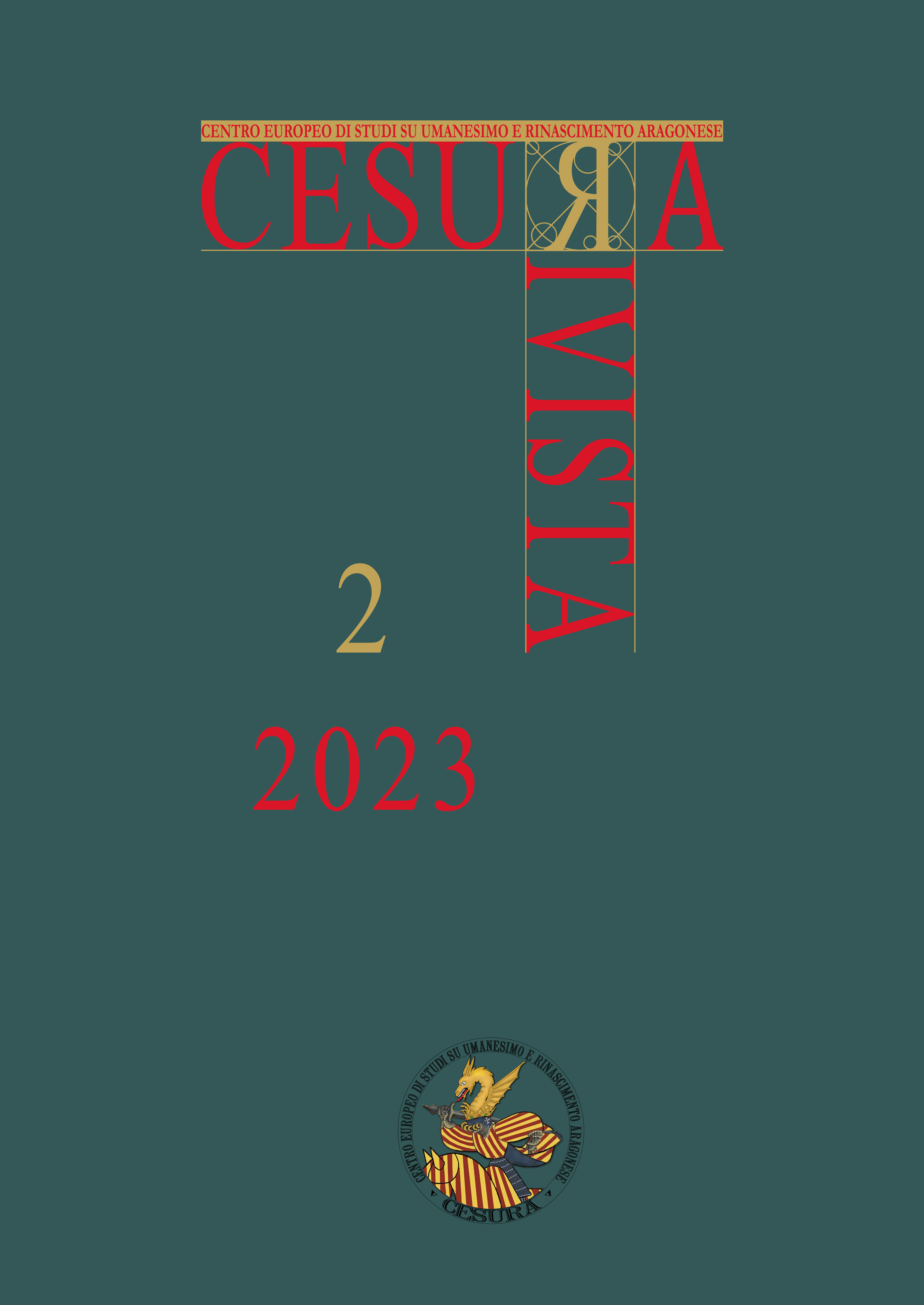New Diplomatic History and Mamluk Studies: Challenges and Possibilities
Keywords:
Mamluks, Islam, Connected History, DiplomacyAbstract
While Mamluk scholars have increasingly studied on the diplomatic relations established between the sultanate and its various correspondents in both the Christian, Mongol and Muslim worlds, they have followed first the traditional diplomatic approach devoted to the study of peace and commercial treaties. More recently they have started distancing themselves from this approach to concentrate on questions of rituals, symbolic and non-verbal communication and various agents involved in the diplomatic process. This was however done without relating to broader methodological framework such as the one proposed by the New Diplomatic History (NDH). In this paper, I therefore would like to link those developments to the NDH and analyze what is, in that historiographic trend, relevant for the source material available in our field. Furthermore, I would like to link the NDH to another methodological approach that I see essential for our field, that of the connected history.
Downloads
Published
How to Cite
Issue
Section
Categories
License
Copyright (c) 2023 Malika Dekkiche

This work is licensed under a Creative Commons Attribution-NonCommercial-NoDerivatives 4.0 International License.
Open Access Policy
This journal (CESURA - Rivista) provides immediate open access to its content on the principle that making research freely available to the public supports a greater global exchange of knowledge.
CESURA - Rivista does not have article processing charges (APCs) nor article submission charges. The journal’s editorial processes and editors’ decisions are independent of any commercial consideration.
Books and Journals are published under a ![]() “Creative Commons - Attribution” (CC 4.0 BY NC ND).
“Creative Commons - Attribution” (CC 4.0 BY NC ND).
![]() With the licence CC-BY-N-ND, authors retain the copyright, allowing anyone to download, reuse, re-print, modify, distribute their contribution.
With the licence CC-BY-N-ND, authors retain the copyright, allowing anyone to download, reuse, re-print, modify, distribute their contribution.
Under the following terms:
![]() Attribution — You must give appropriate credit, provide a link to the license, and indicate if changes were made. You may do so in any reasonable manner, but not in any way that suggests the licensor endorses you or your use.
Attribution — You must give appropriate credit, provide a link to the license, and indicate if changes were made. You may do so in any reasonable manner, but not in any way that suggests the licensor endorses you or your use.
![]() NonCommercial — You may not use the material for commercial purposes.
NonCommercial — You may not use the material for commercial purposes.
![]() NoDerivatives — If you remix, transform, or build upon the material, you may not distribute the modified material.
NoDerivatives — If you remix, transform, or build upon the material, you may not distribute the modified material.







